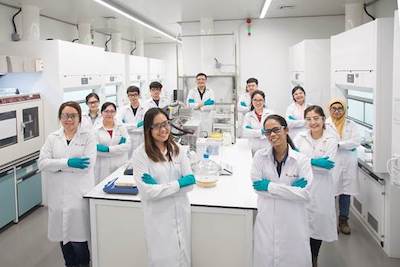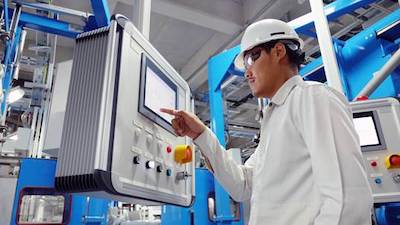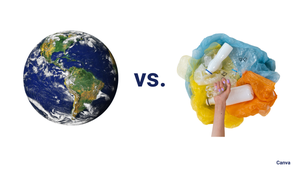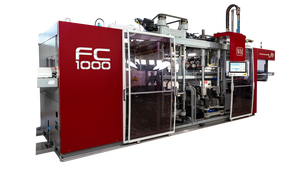As a major sugar and palm oil producer and home to a 3,000-strong processor base, the Kingdom sees major potential for developing an integrated production base for bioresins and converted products.
August 19, 2019
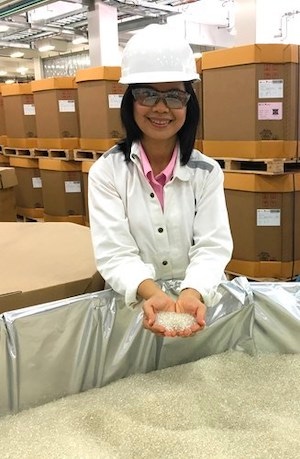
Thailand has massive potential to transform itself into a key global production base for bioplastics and converted products thereof. Speaking to PlasticsToday, Plastics Institute of Thailand Executive Director Dr. Kriengsak Wongpromrat said that Thailand produced around 17 million tonnes of sugar in 2018 and exported around 11 million tonnes. “Taking 100,000 tonnes for the production of polylactic acid (PLA) biopolymer is not going to affect the supply of sugar for food applications, especially since consumption of sugar may be adversely affected by a ‘sweet tax’ that Thailand plans to introduce.” Alternative feedstocks such as rice, palm oil, tapioca, and cassava are also available.
|
Thailand is well on the road to developing expertise in the biopolymer sector. [Photos: Total Corbion PLA] |
|
Wongpromrat adds that sugar can generally be sourced in proximity to bioresin production plants. Currently, Total Corbion PLA, a 50/50 joint venture between Total and Corbion, operates a 75,000 tonnes/year PLA bioplastics plant in Rayong, Thailand but demand in Europe is so strong that the vast majority of the product is exported, leaving perhaps 1,000 tonnes of bioresin overall for the domestic market. Mitsubishi Chemical and PTT manufacture bio-based polybutylene succinate (PBS) at a 20,000-tonnes/yr joint venture plant operated by PTT MCC Biochem, also in Rayong Province. A third company, Advanced Biochemical (Thailand), produces the epoxy resin raw material epichlorohydrin from glycerol; renewable feedstock and a by-product of biodiesel and oleochemical production.
While most bioresins are currently exported, the long-term strategy is to convert the resin domestically into finished and semi-finished plastic products. “We want to try to maximize the value chain of biopolymers but currently have to accept that Total Corbion is mainly exporting to EU and other countries,” says Wongpromrat. “The institute is working with small and medium-scale processors to support them in developing bioplastics conversion expertise. We’ve worked with 82 converters to date in developing products such as bags and thermoformed trays and bowls, but we need more to participate.”
“Many converters realize that with plastic bag bans being implemented globally, now is the time to exploit bioplastics, and we are seeing a lot of interested,” notes Wongpromrat. But he cautions that supply of bioplastics may be constrained in Thailand over the next few years. “You need two to three years to construct a new plant.”
The Thai Government is also playing its part in developing the sector. In June, it approved tax breaks for fast food chains and other retail outlets that purchase compostable bioplastic-based packaging from local converters. Various stakeholders are also working to establish a composting infrastructure.
The country’s Board of Investment (BOI) is also actively involved with developing the bioresin sector. It operates 16 overseas offices in 11 countries, with about half of them are in countries that are leaders in bioplastic technology such as the US, Germany, France, and Japan. “So we have the best coverage to reach out to most of the top bioplastic companies around the world,” says BOI Secretary General Duangjai Asawachintachit. “With attractive investment promotion incentive packages like corporate income tax exemption, import duty exemption and exclusion from restrictions, the BOI will showcase Thailand’s potential as a regional hub for bioplastic.”
Asawachintachit adds, “Thailand is a top exporter of cassava, sugar, rice, and palm oil, has abundant raw material resources for bioplastic production. The country also has the largest petrochemical sector in ASEAN. Thus, Thailand is home to an experienced labor force that is familiar with relevant technologies and processes."
About the Author(s)
You May Also Like

